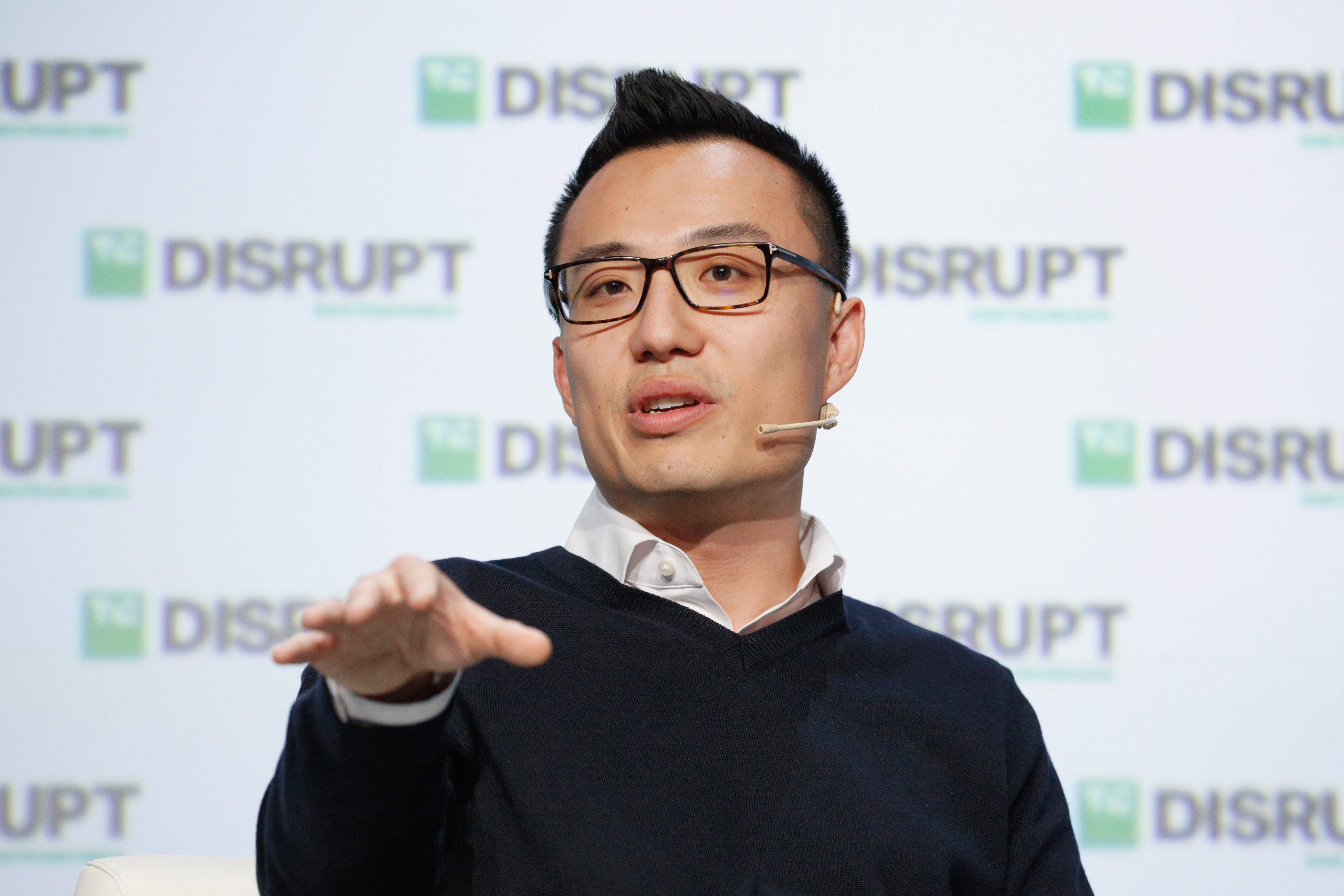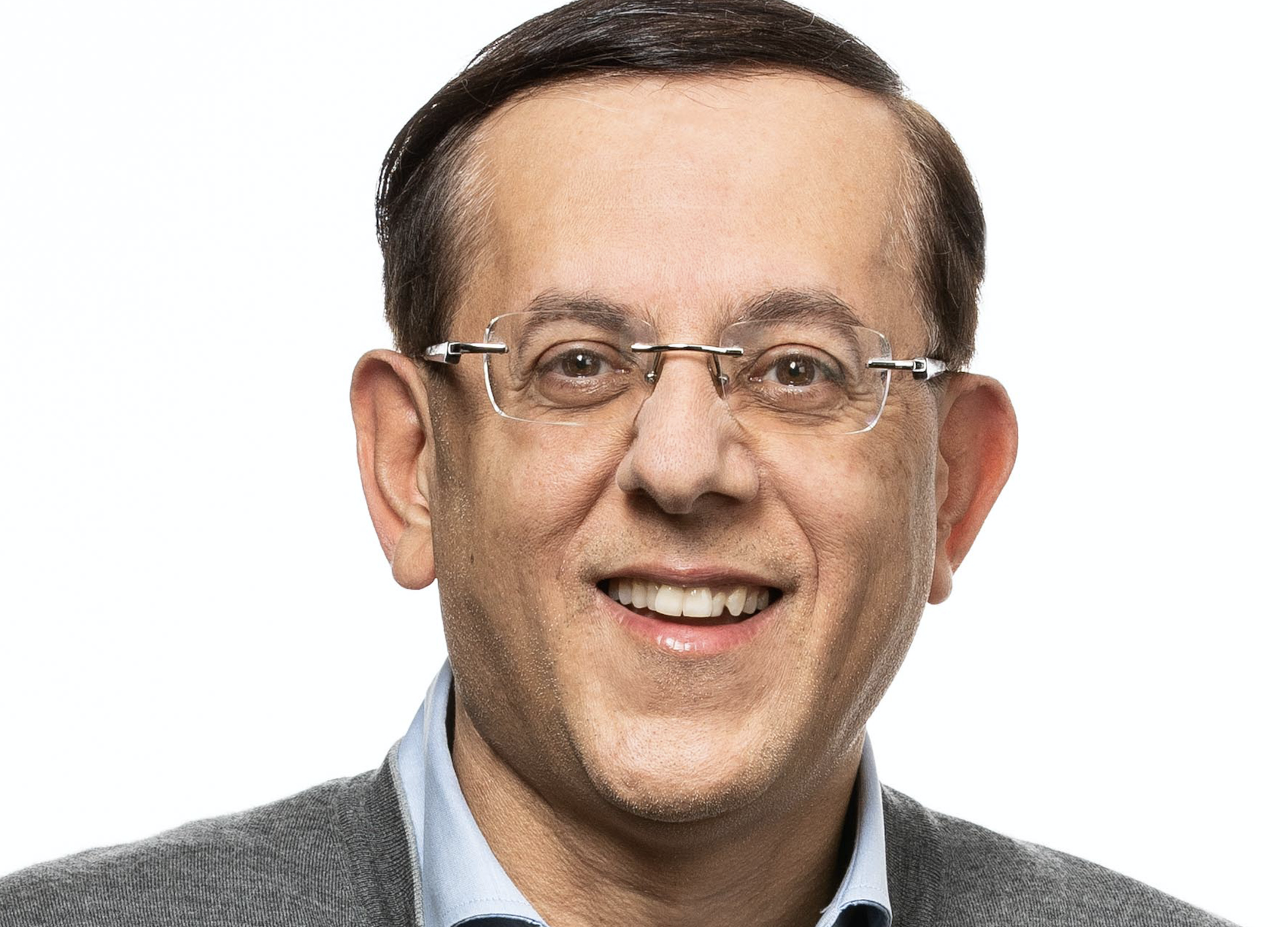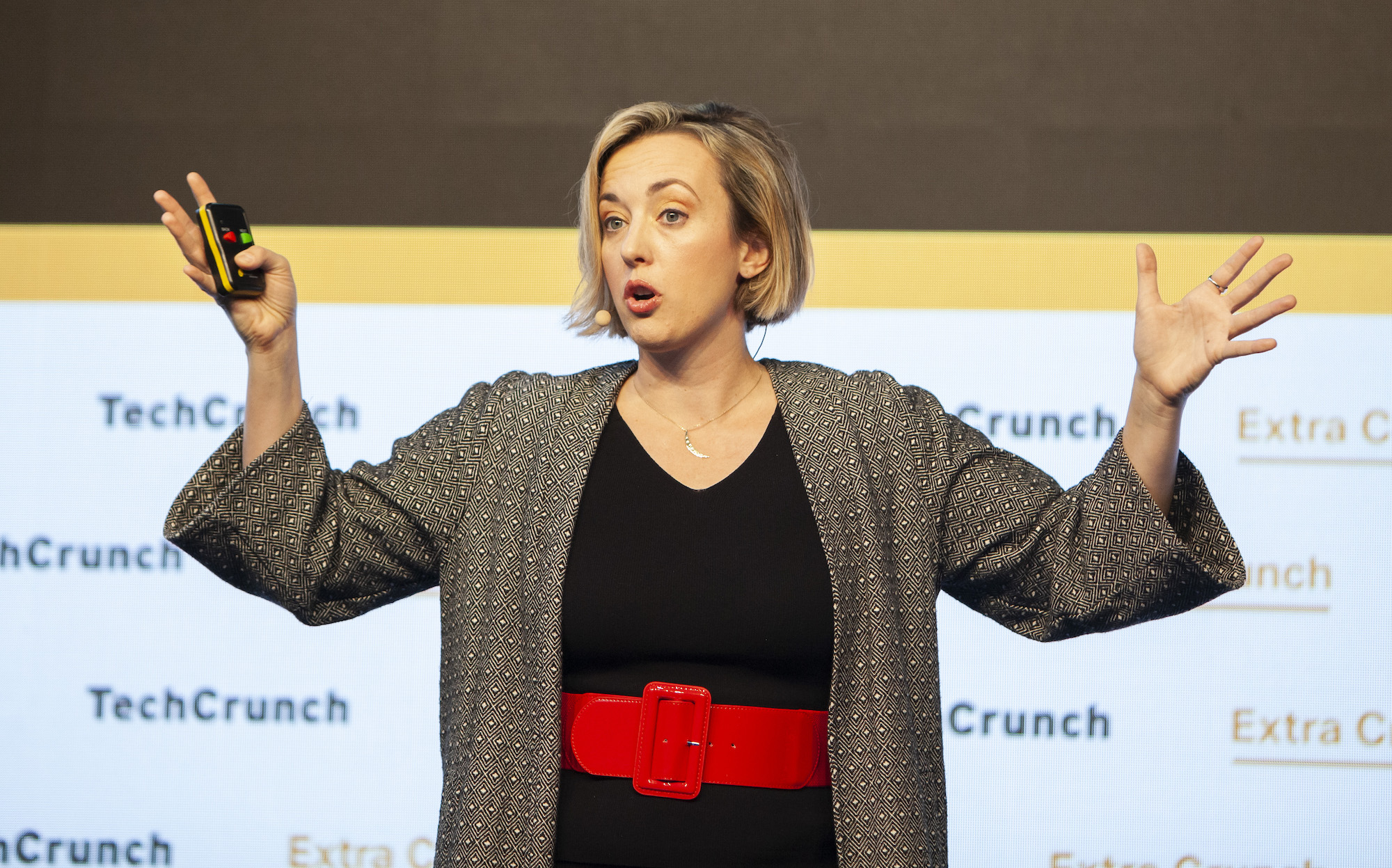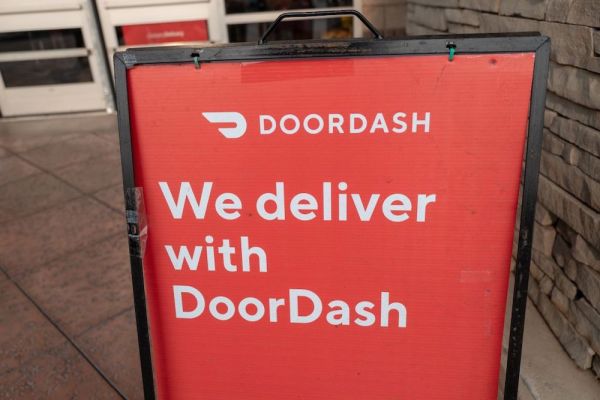One of my favorite series of Monty Python sketches is built around the concept of surprise:
Chapman: I didn’t expect a kind of Spanish Inquisition.
[JARRING CHORD]
[Three cardinals burst in]
Cardinal Ximénez: NOBODY expects the Spanish Inquisition!
I was reminded of this today when I needed to reschedule a few stories so we could cover DoorDash’s S-1 filing from multiple angles. First, Managing Editor Danny Crichton looked at how well the company’s co-founders and many investors stand to make out. Alex Wilhelm covered the IPO announcement in depth on TechCrunch before writing an Extra Crunch column that studied the role the COVID-19 pandemic played in the home-delivery platform’s recent growth.
Our all-hands-on-deck coverage of DoorDash’s S-1 is a good illustration of Extra Crunch’s mission: timely analysis of current and future technology trends that serves founders and investors. We have a talented team, and as today’s coverage shows, they’re just as good as they are fast.
The stories that follow are an overview of Extra Crunch from the last five days. The full articles are only available to members, but you can use discount code ECFriday to save 20% off a one or two-year subscription. Details here.
Thanks very much for reading Extra Crunch this week. I hope you have a great weekend!
Walter Thompson
Senior Editor, TechCrunch
@yourprotagonist
What I wish I’d known about venture capital when I was a founder
Why I left edtech and got into gaming

Young woman jumping on white sand through door frame at desert during sunny day. Image Credits: Klaus Vedfelt / Getty Images
We frequently run posts by guest contributors, but two stories we published this week were written in the first person, which is a bit of a departure.
In Why I left edtech and got into gaming, Darshan Somashekar brought us inside his decision to pivot away from a sector that’s been growing hotter in 2020.
His post is a unique take on two oft-discussed categories, but it also examines one founder/investor’s thought process when it comes to evaluating new opportunities.
Andy Areitio, a partner at early-stage fund TheVentureCity, wrote What I wish I’d known about venture capital when I was a founder, a reflection on the “classic mistakes” founders tend to make when it’s time to fundraise.
“Error number one (and two) is to raise the wrong amount of money and to do it at the wrong time,” he says. “They can also put all their eggs in one basket too early. I made that mistake.”
You can find business writing that explores best practices anywhere, which is why we hunt down stories that are firmly rooted in data or personal experience (which includes success and failure).
How COVID-19 accelerated DoorDash’s business

Image Credits: DoorDash
The coronavirus pandemic looms large in DoorDash’s S-1 filing.
According to the food-delivery platform, “58% of all adults and 70% of millennials say that they are more likely to have restaurant food delivered than they were two years ago,” and “the COVID-19 pandemic has further accelerated these trends.”
As in other sectors, the pandemic didn’t wave a magic wand — instead, it hastened trends that were already in play: consumers love convenience, which means DoorDash’s gross order volume and revenue were tracking well before the virus started to shape our lives.
“It’s your call on how to balance the factors and decide whether or not to buy into the IPO, but this one is going to be big,” writes Alex Wilhelm in a supplemental edition of today’s The Exchange.
The VC and founder winners of DoorDash’s IPO

SAN FRANCISCO, CA – SEPTEMBER 05: DoorDash CEO Tony Xu speaks onstage during Day 1 of TechCrunch Disrupt SF 2018 at Moscone Center on September 5, 2018 in San Francisco, California. (Photo by Kimberly White/Getty Images for TechCrunch)
None of us knew DoorDash would release its S-1 filing today, but Danny Crichton jumped on the story “so we can see who is raking in the returns on the country’s delivery startup champion.”
After estimating the value of the respective ownership stakes held by DoorDash’s four co-founders, he turned to the investors who participated in rounds seed through Series H.
Some growth funds are about to look very good after this IPO, and each founder is looking at hundreds of millions, he found.
But even so, their diminished haul of about $1.3 billion is “a sign of just how much dilution the co-founders took given the sheer amount of capital the company fundraised over its life.”
Fintech VC keeps getting later, larger and more expensive

Image Credits: Nigel Sussman (opens in a new window)
Investors sent stacks of cash to late-stage fintech companies in Q3 2020, but these sizable rounds may also point to shrinking opportunities for early-stage firms, reports Alex Wilhelm in this morning’s edition of The Exchange.
2020 could be a record year for fintech VC in Europe and North America, but are these “huge late-stage dollars” actually “a dampener for new fintech startups trying to get off the ground?”
Accelerators embrace change forced by pandemic

Devin Coldewey interviewed the leaders of three startup accelerators to learn more about the adaptations they’ve made in recent months:
- David Brown, founder and CEO, Techstars
- Cyril Ebersweiler, founder HAX, venture partner at SOSV
- Daniela Fernandez, founder, Ocean Solutions Accelerator
Due to travel bans, shelter-in-place orders and other unknowns, they’ve all shifted to virtual. But accelerators are intensive programs designed to indoctrinate founders and elicit brutally honest feedback in real time.
Despite the sudden shift, that boot-camp mindset is still in effect, Devin reports.
“Cutting out the commute time in a busy city leaves founders with more time for workshops, mentor matchmaking, pitch practice and other important sessions,” said Fernandez. “Everybody just has more flexibility and tranquility.”
Said Ebersweiler: “People are for some reason more participative and have more feedback than physically — it’s pretty strange.”
Greylock’s Asheem Chandna on ‘shifting left’ in cybersecurity and the future of enterprise startups

Image Credits: Greylock
In a recent interview with Greylock partner Asheem Chandna, Managing Editor Danny Crichton asked him about the buzz around no-code platforms and what’s happening in early-stage enterprise startups before segueing into a discussion about “shift left” security:
“Every organization today wants to bring software to market faster, but they also want to make software more secure,” said Chandna.
“There is a genuine interest today in making the software more secure, so there’s this concept of shift left — bake security into the software.”
Square and PayPal earnings bring good (and bad) news for fintech startups

Image Credits: Nigel Sussman (opens in a new window)
If you missed Wednesday’s The Exchange, Alex scoured earnings reports from PayPal and Square to see what the near future might hold for several fintech startups currently waiting in the wings.
Using Square and PayPal’s recent numbers for stock purchases, card usage and consumer payment activity as a proxy, he attempts to “see what we can learn, and to which unicorns it might apply.”
Conflicts in California’s trade secret laws on customer lists create uncertainty

Concept of knowledge, data and protection. Paper human head with pad lock. Image Credits: jayk7 (opens in a new window)/ Getty Images
In California, non-competition agreements can’t be enforced and a court has ruled that customer contact lists aren’t trade secrets.
That doesn’t mean salespeople who switch jobs can start soliciting their former customers on their first day at the new gig, however.
Before you jump ship — or hire a salesperson who already has — read this overview of California’s trade secret laws.
“Even without litigation, a former employer can significantly hamper a departing salesperson’s career,” says Nick Saenz, a partner at Lewis & Llewellyn LLP, who focuses on employment and trade secret issues.
As public investors reprice edtech bets, what’s ahead for the hot startup sector?

Image: Bryce Durbin / TechCrunch
News of a highly effective COVID-19 vaccine appeared to drive down prices of the three best-known publicly traded edtech companies: 2U, Chegg and Kahoot saw declines of about 20%, 10% and 9%, respectively after the report.
Are COVID-19 tailwinds dissipating, or did the market make a correction because “edtech has been categorically overhyped in recent months?”
Dear Sophie: What does a Biden win for tech immigration?

Image Credits: Sophie Alcorn
What does President-elect Biden’s victory mean for U.S. immigration and immigration reform?
I’m in tech in SF and have a lot of friends who are immigrant founders, along with many international teammates at my tech company. What can we look forward to?
— Anticipation in Albany
[ad_2]
Source link



